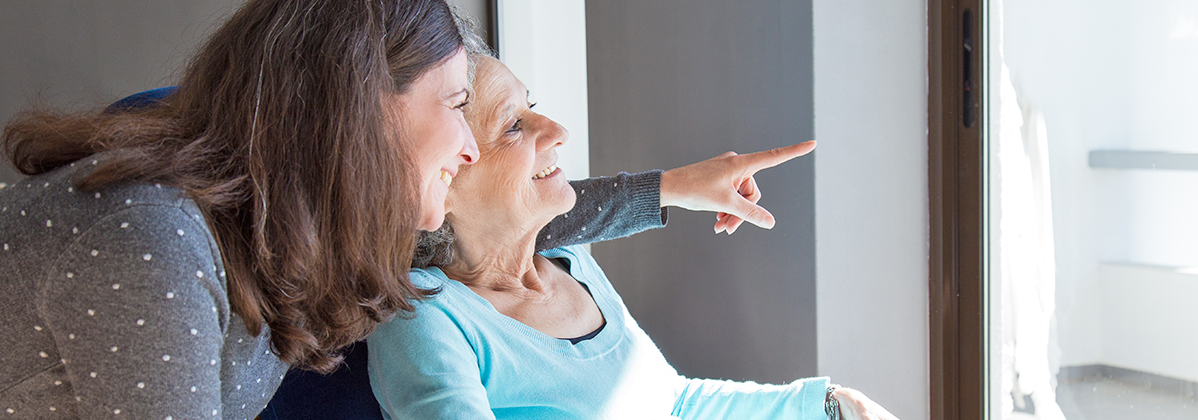Being a caregiver is an act of love, but also a daily challenge. For those who care for a person with reduced mobility or incontinence, knowing how to organise, plan and carry out hygiene and comfort tasks is essential to ensure the quality of life of the person receiving care and also to preserve the physical and emotional health of the caregiver.
In this guide, you will find practical guidelines and real-life examples to turn daily care into a more organised, efficient and humanised routine.
-
The Role of the Informal Caregiver
The caregiver is often the arms, legs and voice of the person being cared for. But beyond physical help, there is emotional support and responsibility for dignity and well-being.
Hygiene is also about preventing illness, preserving self-esteem, and ensuring the person feels comfortable, safe and respected.
-
Organisation and Preparation of the Space
A well-prepared space is halfway to efficient care.
Keep everything in a “hygiene kit” to avoid trips and interruptions during care.
Checklist of materials:
✅ Incontinence diapers in various sizes (See Intimus diapers)
✅ Soft, alcohol-free wipes (See Intimus wipes)
✅ Disposable or reusable bed underpads (See Intimus underpas)
✅ Barrier cream for preventing rashes
✅ Disposable gloves
✅ Waste bags
✅ Clean, soft towels
-
Adapting the Home
The home should be safe and practical, reducing the risk of falls and making mobility easier.
Suggestions:
- Install grab bars in the bathroom and next to the bed.
- Ensure adequate lighting, especially in corridors and at night.
- Remove loose rugs and furniture that block passageways.
- Use shower chairs for greater safety.
-
Daily Hygiene Routine
Hygiene should follow a logical order to ensure that all needs are met without overburdening the caregiver or the person cared for.
Morning hygiene
- Wash face, hands and teeth.
- Comb hair and apply moisturising cream.
Intimate hygiene and changing pads
- Change pads as soon as possible after use.
- Clean gently, always from front to back.
- Dry well before putting on a new pad.
- Apply protective cream to areas most prone to friction.
Bath
Can be done in a bathtub, shower, or in bed, depending on the person’s physical condition. It is also a moment of relaxation and well-being.
-
Prevention of Skin Problems
Fragile skin requires constant monitoring and care.
Preventive techniques:
- Keep skin dry and clean.
- Apply barrier cream after each intimate hygiene routine.
- Change the person’s position every 2–3 hours to avoid pressure ulcers.
-
Comfort and Well-being
Comfort goes beyond physical hygiene.
Appropriate clothing
Soft clothing, easy to put on and take off, made from breathable fabrics.
Mental and emotional stimulation
Talking, listening to music, watching favourite programmes or browsing photo albums can improve mood and reduce feelings of isolation.
Balanced diet
Good nutrition strengthens the immune system and aids skin recovery.
-
Self-care for the Caregiver
A healthy caregiver cares better.
Tips:
Take regular breaks.
Delegate tasks when possible.
Attend care training courses.
Seek emotional support (family, caregiver groups).
Caring for someone is a demanding task, but with organisation, knowledge, and the right products, it is possible to provide hygiene, comfort, and dignity every day.
Intimus offers solutions that make caregivers’ lives easier and ensure the well-being of the person cared for. Explore our incontinence diapers, underpads, and XL hygiene wipes to create more effective and comfortable care.
